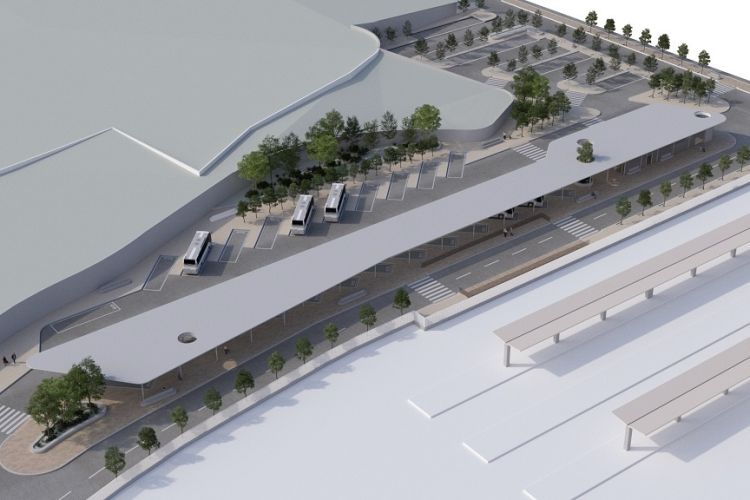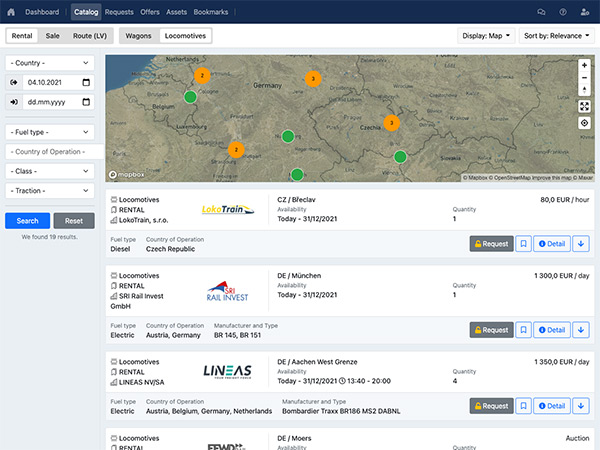In an ambitious move to set a new standard for environmental sustainability in infrastructure development, Rete Ferroviaria Italiana (RFI) is spearheading the transformation of Taranto's railway station into a state-of-the-art multimodal interchange. This initiative, part of a broader effort to combat pollution and promote sustainable transport in one of Europe's most industrially impacted cities, marks a significant leap towards eco-friendly urban development.
Taranto, with its significant industrial footprint, faces critical environmental challenges. The redevelopment of its railway station into a multimodal interchange not only aims to improve the city's transport infrastructure but also contributes to a broader vision of sustainable urban living. With this project, RFI and SYSTRA Italy are not just transforming a station, they are reimagining the future of urban mobility and environmental responsibility.
The comprehensive redevelopment plan for Taranto station encompasses the introduction of a Bus Rapid Transit (BRT) system and the integration of soft mobility options, including enhanced facilities for cyclists and pedestrians. A highlight of the project is the construction of a new passenger building adjacent to the existing station, which will link directly to the Croce Terminal bus station. This development is designed to facilitate seamless travel and encourage the use of public transport, reducing the reliance on personal vehicles.
Key to this transformation is the integration of sustainable design principles into all aspects of the project. The future multimodal terminal will feature green spaces, pedestrian subways, low-energy lighting, and high platforms for bus access, all aimed at minimizing the environmental footprint of the new infrastructure. Roberto Lodola, Project Manager at SYSTRA Italy, emphasizes the project's role as a flagship of modern sustainable design, with completion scheduled for 2026.
RFI is committed to achieving the highest standards of sustainability, as evidenced by its pursuit of four prestigious environmental certifications. These include LEED, the Envision Protocol, compliance with the DNSH principle from European taxonomy, and Italy's CAM certification. Each of these certifications underlines a commitment to environmental quality, sustainable building practices and the promotion of the circular economy.

